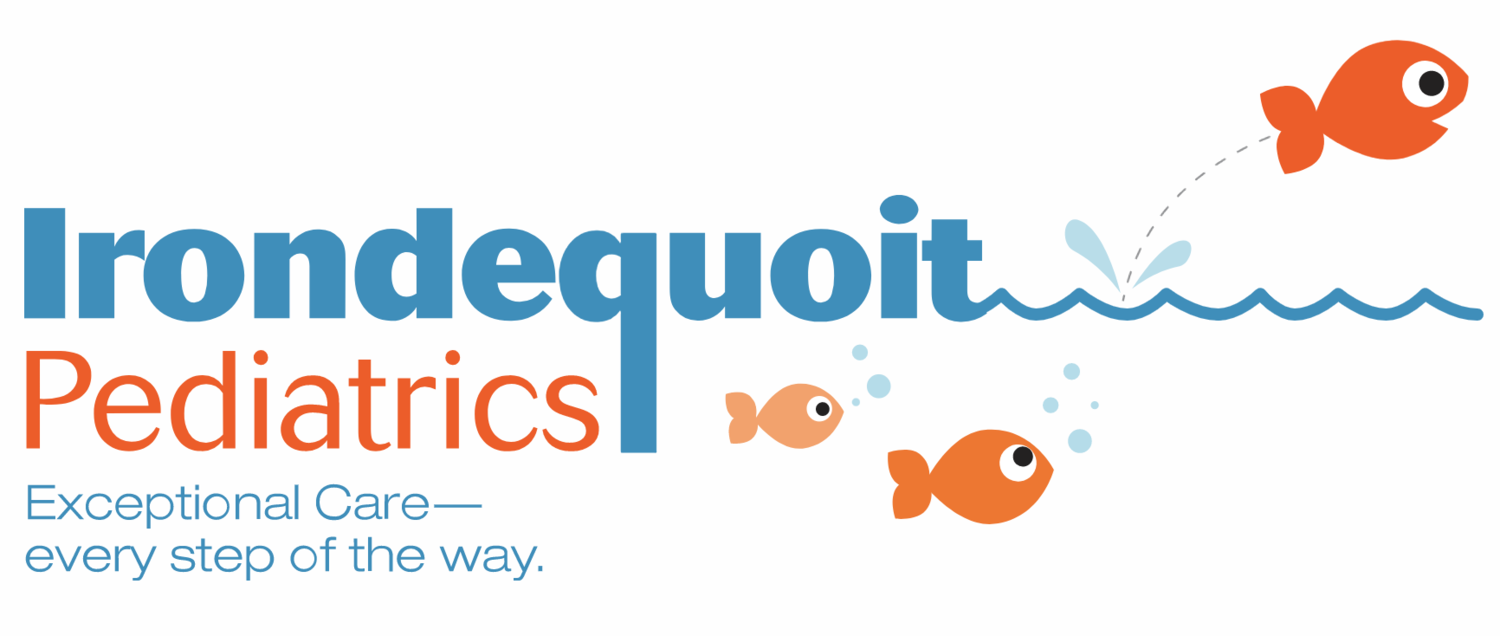Constipation
Constipation refers to the consistency of a stool, not the frequency of stool. Hard stool that is difficult to pass, or stool that appears as small pellets or “rocks”, is considered constipation. A soft stool that is easy to pass, but occurs once every three days, is not constipation and is considered a normal bowel movement. Most of the time our stool reflects what we eat.
It can be confusing when trying to decide if a baby is constipated. This is because babies are very dramatic when they are passing gas or having a bowel movement. They may cry out, turn red in the face, or bring up their legs while straining to have a bowel movement. As long as it is soft, all of this is normal. Breast fed babies (after they are two weeks old) may have very infrequent bowel movements because breast milk is so well absorbed in their digestive tract and nothing is left by the time it makes it to the end. Some breast-fed babies have bowel movements less than once per week!
If your baby seems constipated and is having hard stools, first take a look at his or her diet. Rice cereal is more constipating than oat cereal (barley cereal is least constipating). Bananas are also constipating. In general, fruits and vegetables, because of their fiber content, help the passage of stool.
What you can do at home to help your baby:
Prune juice: mix 2 oz of regular adult prune juice with 2 oz of water, and feed in a bottle. This usually takes a few hours to be effective.
Karo syrup: mix 1 tsp in a bottle with every 4 oz of formula or breast milk, once or twice a day. This usually takes a few days to work.
Remember that if your toddler is constipated, it is probably a reflection of his or her diet. A diet rich in fiber AND fluids is what helps promote healthy bowel habits. Fruits, vegetables, and whole grains (instead of white breads and pastas) are examples of fibrous foods.
What you can do to help your toddler:
Prune juice (not necessary to dilute)
Senokot is a natural stimulant laxative that comes in liquid, tablet,or granules. It is available over the counter. Dosage as per medication box (not for kids under 2). Senokot takes several hours to work, and can be given twice a day for several days.
What you can do to help your older child:
For mild constipation make sure your child’s diet is rich in fiber and fluids. This type of diet is also beneficial for every day bowel regularity.
A mild stool softener, such as docusate sodium (Colace), taken daily, may help to relieve mild to moderate constipation.
Encopresis, also known as stool holding, may be contributing to your child’s constipation. This occurs not only in children who are trying to potty train, but in older children too. Many children with encopresis need a combination of prescription laxatives, stimulants, and/or softeners, for extended periods of months to overcome the problem.
Reasons to call the doctor during regular hours:
Constipation that is not relieved by the above methods
Constipation that occurs frequently
If you are suspicious of “stool holding” (see above)
Blood in the stool
Anytime you have concerns!
If a newborn baby is having true constipation
Reasons to call the doctor immediately:
Constipation with vomiting
Constipation with severe abdominal pain
